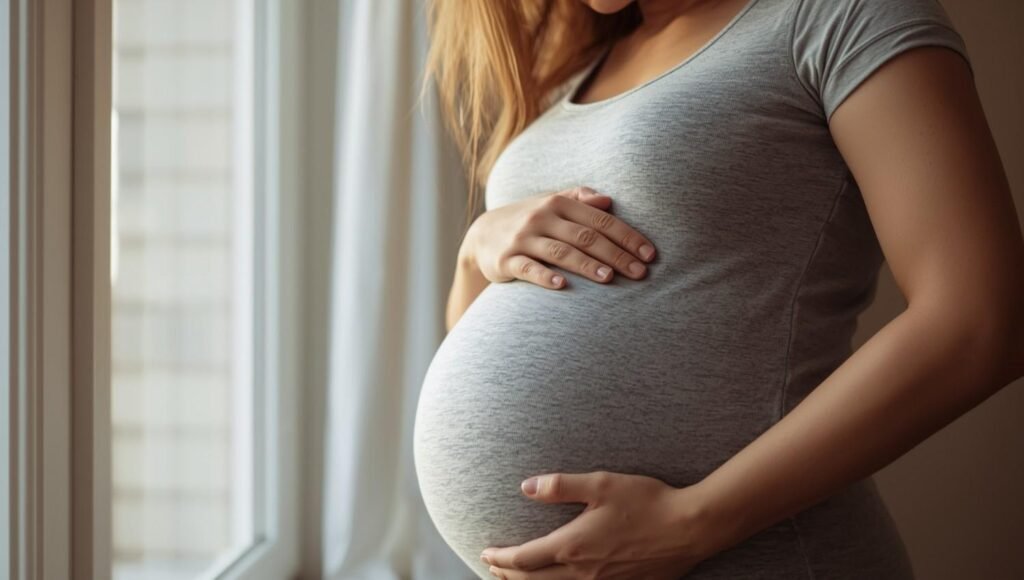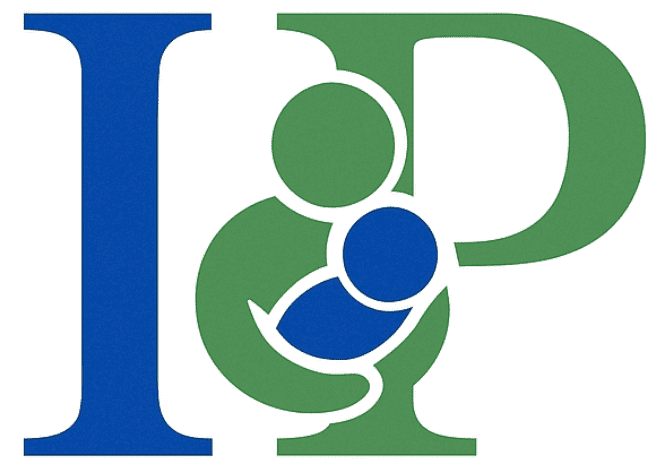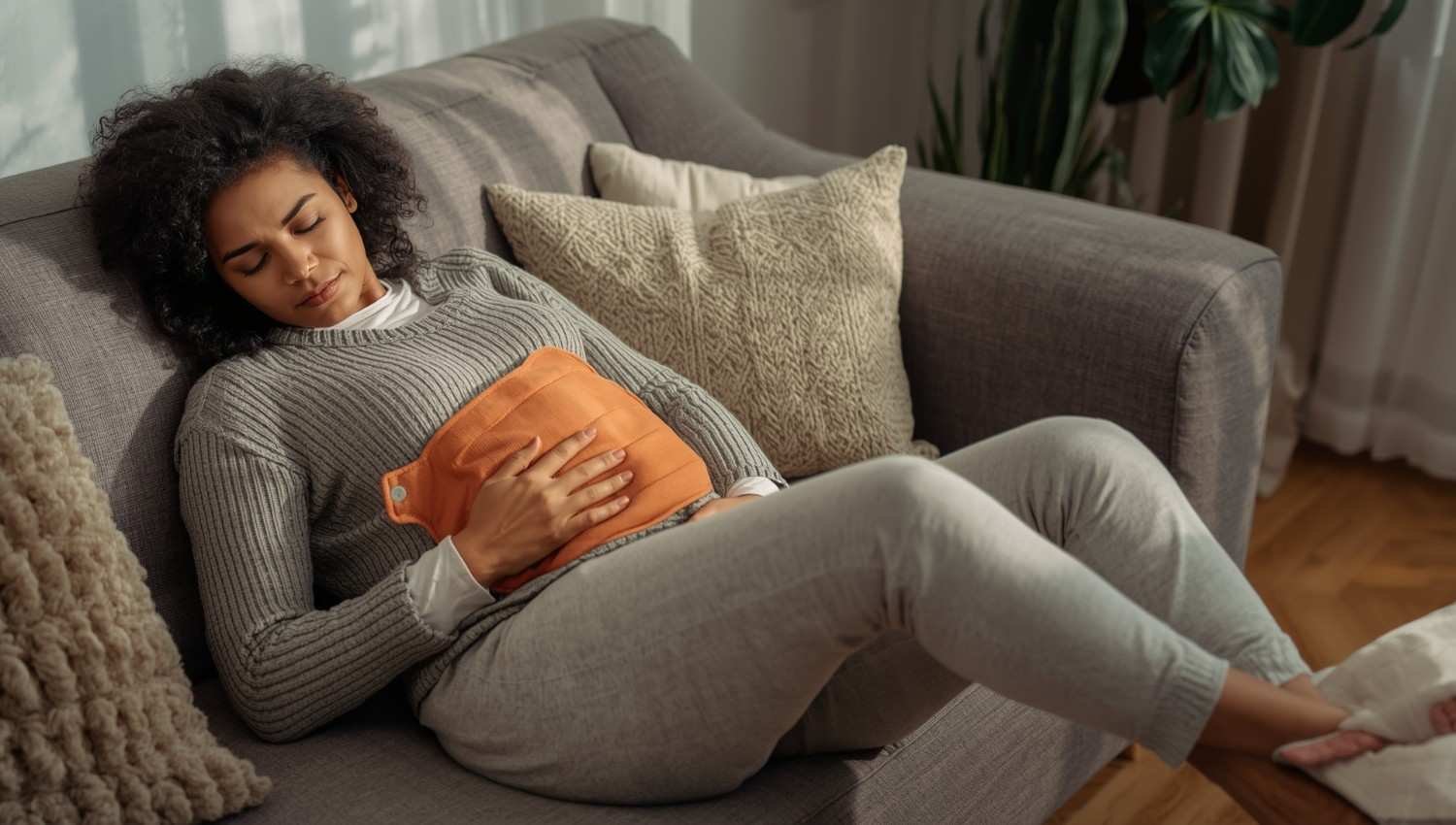Early Pregnancy Cramps Explained: When to Relax and When to Worry
Understanding Early Pregnancy Cramps
During pregnancy, many women feel cramps in the first weeks, and it’s completely common. In my experience as a healthcare writer and someone who’s walked this path, those light, temporary, or mild cramping sensations often come from the uterus expanding and blood flow increasing to support the growing embryo and fetus. Sometimes, implantation causes a gentle pull or pressure in the lower abdomen, while round ligament pain or even gas and constipation can add to the discomfort. It’s easy to feel worried or anxious, but most pain like this improves with rest and proper care.
If you’re feeling cramping that’s more intense or one-sided, or if there’s bleeding, fever, or dizziness, it’s best to seek medical attention. A health practitioner can help monitor and manage your health, ruling out complications such as miscarriage, ectopic pregnancy, or infection. Staying hydrated with enough water, getting rest, gentle walking, or doing pelvic tilts and cat-cow poses can help soothe the body. Applying a warm compress or hot water bottle to the abdomen may offer relief, and acetaminophen (like Tylenol) in recommended doses is considered safe, unlike NSAIDs such as ibuprofen or aspirin. Always use caution, listen to your body, and reach out to your provider to rule out anything abnormal. Remember, every pregnancy is a unique event, and with the right care, you can minimize morbidity, protect life quality, and keep both you and your baby healthy.

What Causes Early Pregnancy Cramps?
Many pregnant women notice pain, aches, or discomfort in the first trimester, often caused by natural body changes. As the uterus expands to accommodate the baby, the surrounding muscles and ligaments get stretched, leading to mild cramping or a sense of heaviness. Veins and blood flow also become more engorged, which can cause gentle pulling sensations or a dull ache, especially after standing long periods of time or at the end of the day.
Hormonal changes and weight gain further contribute to the likelihood of these sensations. Even normal sexual intercourse or trapped wind can trigger leg cramping or lower belly tension. These changes are part of the body’s effort to adjust to extra flow and prepare for a new life, showing how beautifully adaptable the human body is during pregnancy.
What Causes Cramps Later in Pregnancy?
As pregnancy progresses, cramps often happen because the growing baby adds more weight and pressure to the uterus. The round ligament pain from stretching muscles that support the belly can cause sharp tugs or tightness, especially when changing positions. These sensations are normal signs of the body adjusting to the baby’s growth and preparing for labour.
However, if the cramps become regular, painful, or you feel concerned, it’s best to talk to a healthcare practitioner. They can check whether the discomfort is typical or needs attention, ensuring both you and your baby stay safe and healthy through the later stages of pregnancy.
Causes for Abnormal Pregnancy Cramps

Sometimes, abnormal cramps during pregnancy may signal something more serious than the usual muscular cramping or stretching. Conditions like appendicitis, ectopic pregnancy, gall bladder stones, infection, pancreatitis, or urinary tract and kidney problems can all lead to sharp, stabbing, or dull pain in the abdomen or sides. Some women feel heavy, dragging, or annoying sensations in the pelvis, especially when standing for long periods or by the end of the day. Even sneezing, coughing, or laughing can increase pressure that becomes noticeable when the blood supply and hormonal changes affect the pelvic organs.
In rare cases, heart problems or toxaemia can cause epigastric pain, which should always be evaluated quickly. During the first trimester, as the baby’s growth accelerates, contracting sensations may feel like period cramps, but if they become more significant or persistent, they should not be ignored. These symptoms deserve prompt attention from a healthcare provider to ensure the mother’s well-being and rule out serious complications.
When Do I Need to Get Checked?
It’s natural to feel worried or concerned during pregnancy, especially when new symptoms become noticeable. You should seek reassurance from a doctor if you experience vaginal bleeding or spotting that doesn’t stop or increases over time. Acute or strong pain in the abdomen or shoulders, along with a temperature that’s elevated, can also signal something more serious. Feeling generally unwell or weak should never be ignored.
If you have problems passing urine, such as a constant urge to wee, or difficulty starting, stopping, or holding mid-flow, it’s wise to get checked promptly. These signs might point to an infection or other issue needing medical attention. Always trust your instincts—getting help early can make a real difference in keeping both you and your baby safe.
What’s the Worry with Pregnancy Cramps?
Some cramping in early pregnancy is quite normal, often a sign that the embryo is embedding into the lining of the uterus. But in rare cases, it may indicate a miscarriage, especially if the pain doesn’t stop or keeps occurring with bleeding. Many early pregnancies with chromosomal abnormalities can sadly end this way, though it’s often inevitable and not caused by anything you did. Ectopic pregnancies—when a fertilised egg gets stuck in the fallopian tubes or pelvis instead of reaching the womb—can also cause sharp pain as these narrow microscopic tubes try to expand.
As the pregnancy grows, muscles, bones, and ligaments enlarge to support extra weight may make you ache or feel fatigued. Gentle self-care helps—try changing position, lying down, or taking warm showers or baths. Stretching, moving, or doing a gentle tummy massage can soothe the muscle tension. Make sure your clothing isn’t tight, drink water or juice, and eat fruits and vegetables to ease constipation. Taking time for sitting, relaxing, or elevating your feet, and keeping your bladder and bowel habits healthy all support steady improvement and a more comfortable pregnancy journey.

Conclusion
Cramps during pregnancy are a physiological phenomenon resulting primarily from uterine growth, hormonal fluctuations, and increased vascularity within the pelvic region. In early pregnancy, mild cramping often reflects normal uterine adaptation and implantation processes. However, clinicians must emphasize the differentiation between physiological and pathological pain, as cramping can occasionally signify complications such as miscarriage, ectopic pregnancy, urinary tract infection, or other pelvic pathologies.
Appropriate assessment of pain characteristics—such as intensity, laterality, duration, and associated symptoms (e.g., bleeding, fever, dizziness, syncope)—is essential for accurate diagnosis and timely intervention. Preventive and supportive measures, including adequate hydration, gentle physical activity, rest, postural modification, and the use of safe analgesics (e.g., acetaminophen) can alleviate benign discomfort. Conversely, the presence of severe or progressive symptoms warrants immediate obstetric evaluation. Early recognition and management are critical to minimizing maternal morbidity and mortality while preserving pregnancy outcomes.
Frequently Asked Questions (FAQs)
1. Are cramps normal in early pregnancy?
Yes. Mild uterine cramps in early gestation are typically associated with uterine enlargement, implantation, or increased blood flow. These are generally benign and self-limiting.
2. When do cramps become clinically concerning?
Cramping accompanied by vaginal bleeding, unilateral abdominal pain, syncope, dizziness, or fever should prompt urgent medical assessment, as these may indicate miscarriage, ectopic pregnancy, or infection.
3. What are common physiological causes of pregnancy cramps?
Normal causes include stretching of the uterine and pelvic ligaments, round ligament tension, increased vascular supply, gastrointestinal gas accumulation, and constipation.
4. How should benign pregnancy cramps be managed?
Conservative measures such as hydration, rest, warm compresses to the lower abdomen, gentle stretching, and the use of acetaminophen for pain control are generally effective. Nonsteroidal anti-inflammatory drugs (NSAIDs) should be avoided unless specifically prescribed.
5. Can dehydration or electrolyte imbalance contribute to cramping?
Yes. Dehydration and reduced electrolyte levels (particularly magnesium and potassium) can precipitate uterine or leg cramps. Adequate fluid and nutrient intake are recommended.
6. Are leg cramps related to pregnancy hormones?
Yes. Hormonal alterations, increased blood volume, and mechanical pressure on peripheral vessels often lead to nocturnal leg cramps, especially during the second and third trimesters.
7. Can constipation exacerbate abdominal cramps in pregnancy?
Yes. Constipation and intestinal distension are frequent during pregnancy due to progesterone-induced smooth muscle relaxation. High fiber intake, hydration, and mild physical activity are advisable.
8. When should a professional evaluation be sought?
Immediate medical attention is warranted for severe, persistent, or localized pain; vaginal bleeding; fever; or a sudden decrease in perceived pregnancy symptoms. These may signify obstetric emergencies requiring prompt intervention.

